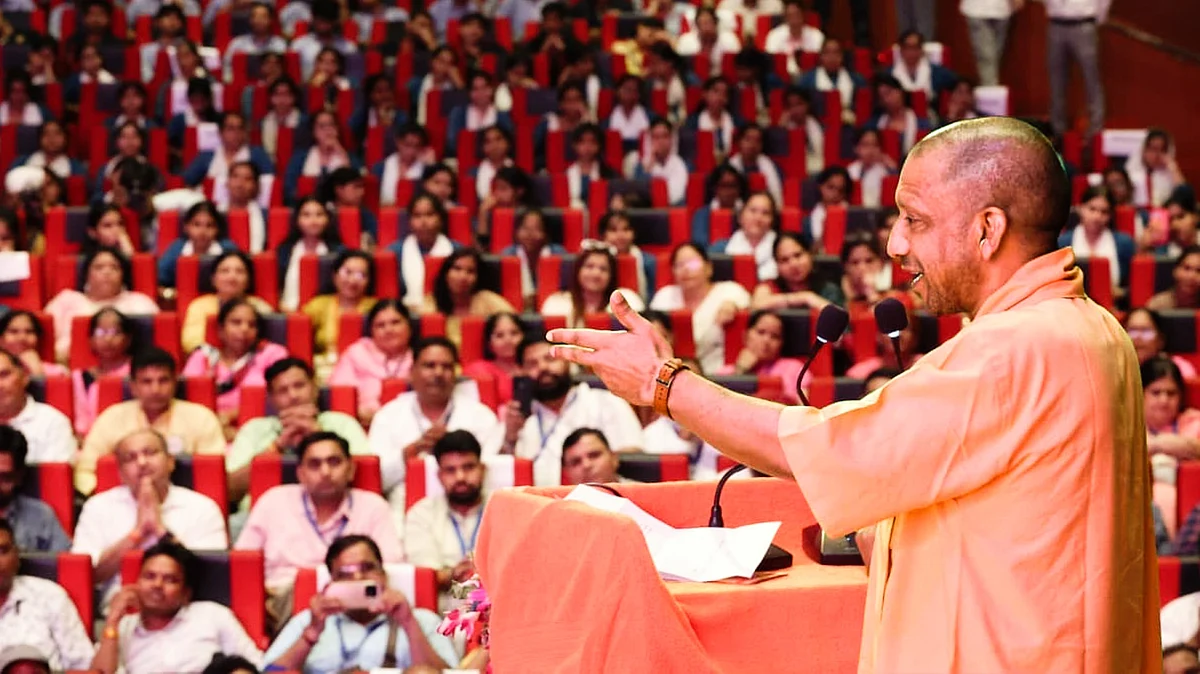UP ban on caste rallies: BJP’s big move to recast 2027 poll narrative
By invoking a recent Allahabad HC ruling, the govt gives itself Constitutional cover while striking at core strategy of its rivals

The Uttar Pradesh government’s ban on caste-based political rallies and displays is more than an administrative order. It is a bold political gambit by the Yogi Adityanath government to rewrite the rules of electoral engagement in a state where caste equations have long dictated the outcome of elections.
By invoking a recent Allahabad High Court ruling, the BJP government has given itself Constitutional cover while striking at the core strategy of its rivals. The Samajwadi Party thrives on Yadav mobilisation, the Bahujan Samaj Party banks on Dalit assertion, and smaller outfits like Apna Dal, Suheldev Bhartiya Samaj Party, and NISHAD Party lean on caste loyalty.
By banning caste rallies, removing caste slogans from vehicles, and eliminating caste identifiers from police and government records, the state has directly undercut these formations.
For the BJP, which has for years attempted to replace caste arithmetic with a broader Hindutva narrative, the order is a strategic masterstroke. It allows the party to project itself as a force for unity and governance, while painting rivals as trapped in “narrow caste politics”. The move also sharpens Yogi Adityanath’s image as a leader who seeks to rise above caste and place nationalism at the centre of political discourse.
The timing is telling. With less than two years to go for the 2027 Assembly elections, the order sends a signal that the BJP wants to frame the upcoming contest as one between development and division. It can campaign on infrastructure, welfare schemes, and nationalism, while accusing the Opposition of wanting to drag Uttar Pradesh back into caste-driven silos.
But this strategy is not without risks. Caste pride remains deeply embedded in Uttar Pradesh’s social fabric. Communities that feel their identity is being muted could turn hostile. The SP and BSP are likely to frame the ban as an assault on backward and Dalit voices, accusing the BJP of trying to erase their political assertion. Even the BJP’s allies, who rely almost entirely on caste identity, may privately chafe at the order.
Still, the political message is clear. The BJP is betting that it can consolidate Hindu votes across caste lines, just as it did in the 2014, 2019, and 2024 Lok Sabha elections, and neutralise the caste arithmetic that Opposition parties see as their strongest card.
If the strategy works, Uttar Pradesh politics could shift decisively away from caste-based mobilisation towards a model where nationalism and governance dominate. If it backfires, the BJP could face a backlash from the very communities it hopes to subsume into its larger Hindutva umbrella.
Either way, the ban has ensured that the road to 2027 will not be business as usual.
Follow us on: Facebook, Twitter, Google News, Instagram
Join our official telegram channel (@nationalherald) and stay updated with the latest headlines
Published: 22 Sep 2025, 5:09 PM
